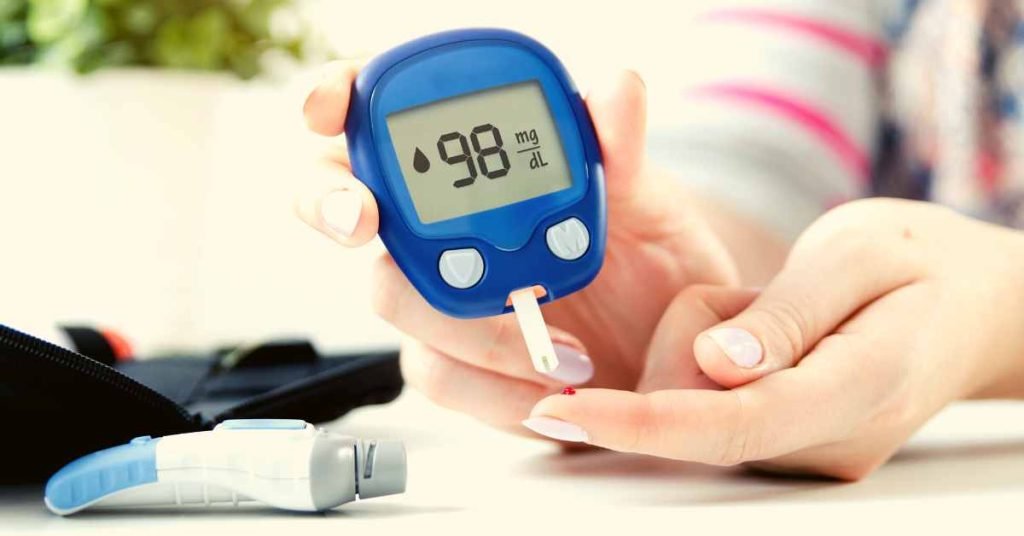Alcohol poisoning is a severe and potentially life-threatening condition that occurs when someone consumes a toxic amount of alcohol in a short period.
It is characterized by symptoms such as confusion, vomiting, seizures, slow or irregular breathing, and unconsciousness.
When faced with such a situation, it is crucial to seek immediate medical attention.
However, there are some holistic approaches and remedies that can complement professional medical care, and one such option is tea.
In this article, we’ll explore how tea can help alleviate alcohol poisoning, providing a soothing and supportive element during a critical situation.
Hydration and Replenishment

One of the primary ways in which tea can aid in alcohol poisoning is through hydration and replenishment of essential nutrients.
Alcohol is a diuretic, which means it causes the body to lose fluids and essential electrolytes like potassium, sodium, and magnesium. As a result, dehydration can exacerbate the severity of alcohol poisoning.
Tea, when prepared with clean water and consumed without added alcohol, can contribute to rehydration.
It provides the necessary fluids and helps restore electrolyte balance. Herbal teas like chamomile, ginger, or peppermint are particularly beneficial, as they contain no caffeine and are gentle on the stomach.
Herbal teas can help soothe nausea, which is a common symptom of alcohol poisoning, making it easier to keep fluids down.
Detoxification and Antioxidants
The liver metabolizes and eliminates alcohol from the body. Excessive alcohol consumption can strain the liver and impair its function, leading to a backlog of toxins in the body.
Certain types of tea, such as green tea, are rich in antioxidants known as catechins, which may support liver function and detoxification.
Catechins have been shown to help reduce oxidative stress and inflammation in the liver. Drinking green tea can promote the production of enzymes involved in detoxifying the body and flushing out harmful substances.
While tea alone is not a cure for alcohol poisoning, it can aid in the body’s natural detoxification processes, helping the liver more effectively process and remove alcohol from the system.
Alleviating Nausea and Vomiting

Nausea and vomiting are common symptoms of alcohol poisoning, and these can lead to further dehydration and discomfort.
Ginger tea, in particular, has been praised for its anti-nausea properties. Ginger contains compounds like gingerol, which can help relax the gastrointestinal muscles and reduce the urge to vomit.
Peppermint tea is another option that can help alleviate nausea. It has a soothing effect on the stomach and may reduce the sensation of nausea and vomiting.
The warm and aromatic qualities of tea, coupled with the medicinal properties of these herbs, make it an effective choice for calming the digestive system during alcohol poisoning.
Relaxation and Anxiety Reduction
Alcohol poisoning can be a distressing experience for both the person affected and those around them. The calming ritual of preparing and sipping tea can have a soothing effect, reducing anxiety and promoting a sense of relaxation.
Chamomile tea, in particular, is renowned for its calming properties. It contains compounds like apigenin that can bind to receptors in the brain, promoting relaxation and reducing anxiety.
In cases of alcohol poisoning, reducing stress and anxiety can be beneficial for both the affected individual and those providing care or waiting for medical assistance.
A cup of warm chamomile tea can help create a calmer environment and ease the emotional turmoil that often accompanies such situations.
Improved Blood Sugar Levels

Alcohol consumption can lead to fluctuations in blood sugar levels, which can cause a range of symptoms, including confusion and disorientation.
Tea, especially herbal and non-sweetened varieties, can help stabilize blood sugar levels. These types of teas have a negligible impact on blood sugar and can prevent further complications associated with glucose irregularities.
Additionally, some herbal teas, such as cinnamon tea, have been shown to enhance insulin sensitivity, which can help regulate blood sugar levels.
While it is not a substitute for professional medical care, maintaining stable blood sugar levels during alcohol poisoning can be critical for the overall well-being of the affected individual.
Enhanced Circulation and Oxygenation
Alcohol poisoning can lead to slowed heart rate and shallow breathing. To support circulation and oxygenation, tea can be a helpful addition.
Teas like hibiscus and ginkgo biloba have been associated with improved blood flow and enhanced oxygen delivery to cells.
Hibiscus tea contains antioxidants that may promote vasodilation, which widens the blood vessels, leading to improved circulation.

Ginkgo biloba, on the other hand, is believed to enhance blood flow and increase oxygenation of the brain, potentially reducing the risk of complications associated with alcohol poisoning.
Final Word
It’s essential to emphasize that while tea can offer several benefits in alleviating certain symptoms of alcohol poisoning, it should never be considered a replacement for professional medical care.
Alcohol poisoning is a life-threatening condition that requires immediate attention from healthcare professionals. Tea can be a complementary measure to provide comfort, hydration, and support, but it is not a standalone treatment.
If you suspect someone is experiencing alcohol poisoning, do not delay in seeking emergency medical assistance.
In the meantime, offering a warm cup of herbal tea can be a gesture of care and comfort, potentially aiding in the relief of some symptoms.
However, remember that the first and most crucial step is to call for professional help, as alcohol poisoning is a serious medical emergency that demands immediate intervention.
MEDICAL DISCLAIMER
Itsnevernotteatime.com cannot and does not contain medical/health advice. The medical/health information is provided for general and educational purposes only and is not a substitute for professional advice.




